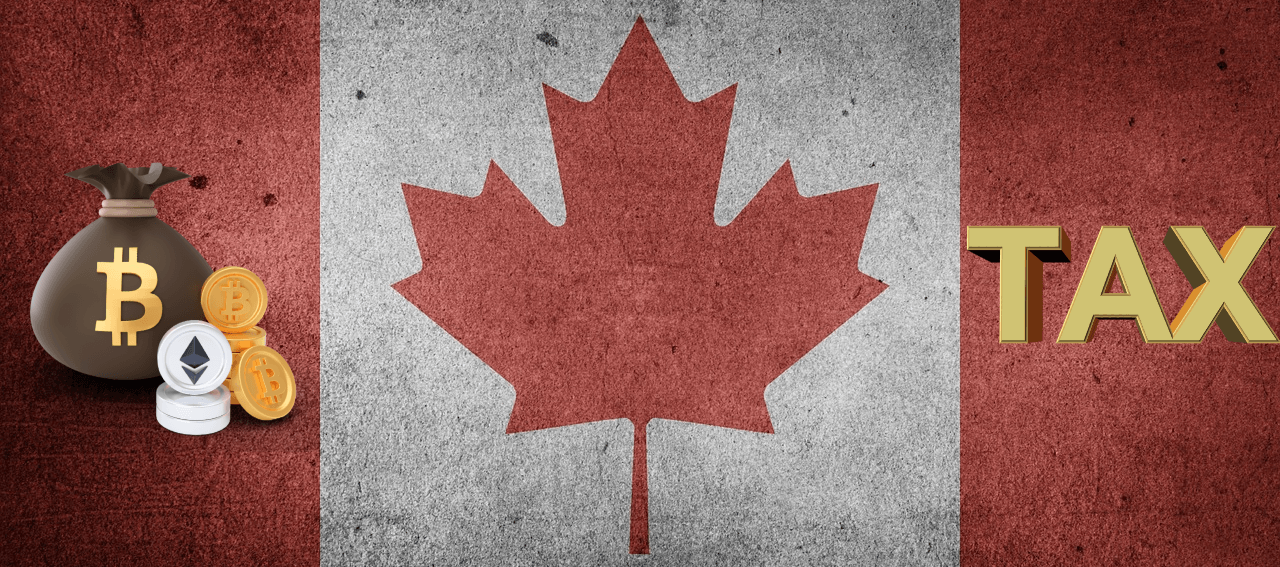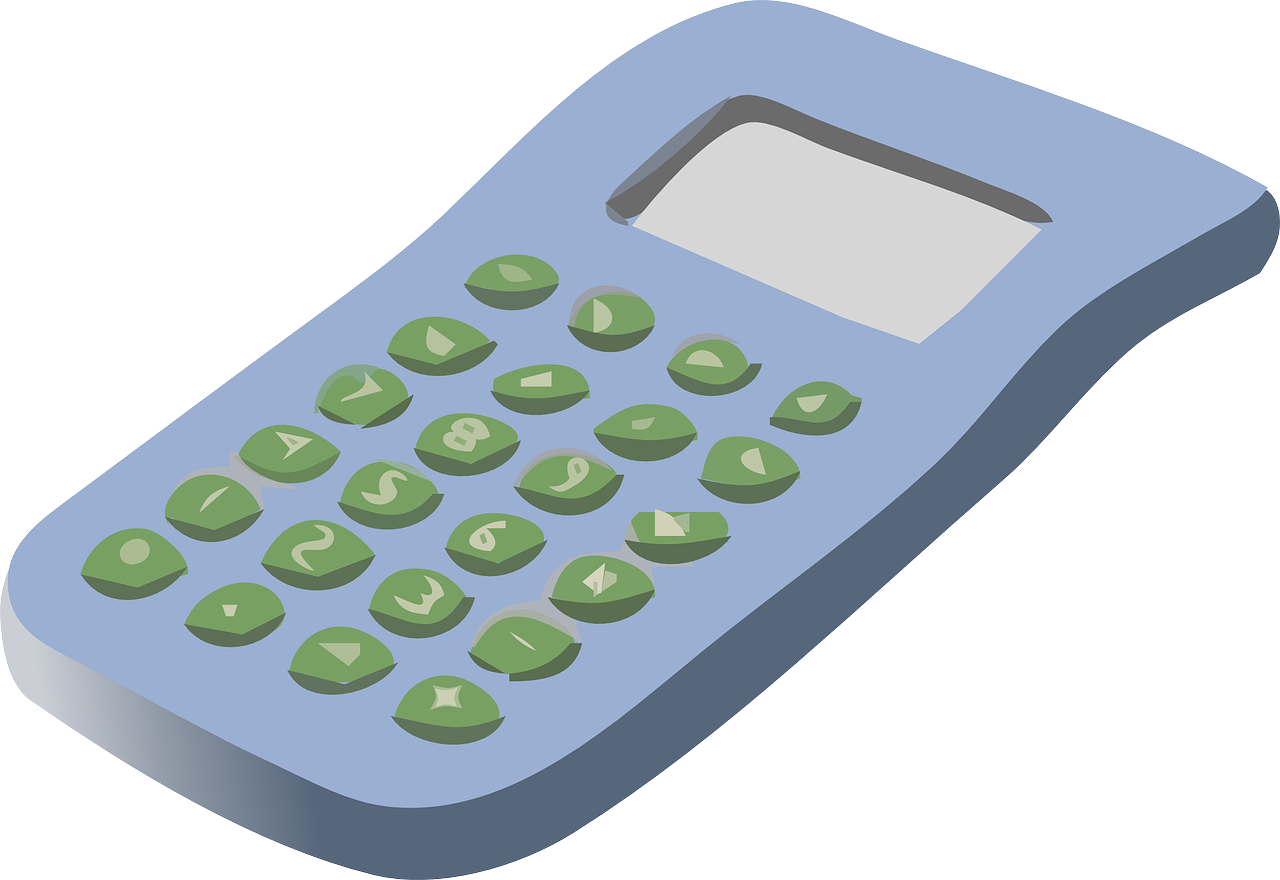
Cryptocurrency has taken the financial world by storm, and in Canada, it’s no different.
But what about crypto taxes?
How does the Canada Revenue Agency (CRA) handle cryptocurrencies, and what are your responsibilities as a crypto holder?
Let’s dive into the intricacies of crypto tax in Canada.
Are Cryptocurrencies Taxable in Canada?
In the eyes of the CRA, cryptocurrency isn’t just digital money; it’s property. And like any other property, it can generate income and gains that might be taxable. The big question here is whether your crypto transactions are considered part of a business or personal investment.
- Capital Gains: If you’re buying and holding crypto as an individual, only 50% of your capital gains are taxable. This is a good deal for most investors.
- Business Income: If you’re a professional or day trader, it’s a different story. In this case, 100% of your crypto gains are considered business income and are fully taxable.
Crypto Tax Rates in Canada for Various Income Ranges in 2023
Tax rates vary depending on your income. Here’s a breakdown of the federal income tax bands for 2023:
| Taxable Income Range | Tax Rate |
|---|---|
| Up to $53,359 | 15% |
| $53,359 to $106,717 | 20.5% |
| $106,717 to $165,430 | 26% |
| $165,430 to $235,675 | 29% |
| Above $235,675 | 33% |
Remember, these rates apply to both your regular income and capital gains from crypto.
In most provinces and territories (except Quebec), provincial income tax is calculated similarly to federal tax. Be sure to check your specific province’s tax rates.
How Crypto Gains Are Taxed in Canada
It’s crucial to understand when crypto gains become taxable:
- Selling Crypto: Anytime you dispose of your crypto, be it through selling, trading, or spending it, you trigger capital gains tax.
- Earning Crypto: If you receive cryptocurrency as income, it’s taxable. This includes earnings from activities like staking and mining.
- Offset Capital Losses: The good news is that you can use up to 50% of your crypto capital losses to offset capital gains.
Can the CRA Track Your Crypto Transactions?
Absolutely. While cryptocurrencies offer a certain degree of anonymity, the Canadian government has the capability to trace crypto transactions.
Cryptocurrency exchanges in Canada are obligated to report transactions exceeding $10,000 to the CRA. Even if your transactions don’t hit that threshold, exchanges may still gather customer information and disclose it upon request.
To play it safe, assume the CRA has a clear view of your crypto activity and report your transactions diligently.
The Role of the CRA
The CRA administers tax laws in Canada and regulates crypto tax. According to them, any income from cryptocurrency transactions is treated as either business income or capital gains, depending on the circumstances.
In general, the CRA treats income from transactions involving cryptocurrency as either business income or capital gain, depending on the specific circumstances. Likewise, if the earnings meet the criteria for business income or capital gain, any associated losses are categorized as business losses or capital losses.
How to Calculate Your Crypto Gains

Calculating your crypto taxes isn’t rocket science, but it does require some precision:
- Determine your Tax Rate: Are you paying tax on 50% or 100% of your gains?
- Calculate Gains: Take your selling price, subtract your buying price, and voila, you have your gains.
Let’s illustrate this with an example:
- Initial Investment: Imagine you invest $10,000 in Bitcoin (BTC).
- Selling Your Investment: Later on, you decide to sell your BTC, and you receive $14,000 from the sale.
- Calculating Your Gain: The first step is to determine your gain, which is the difference between what you initially invested ($10,000) and what you received from the sale ($14,000). In this case, your gain is $4,000.
- Taxable Amount: In Canada, you’re not required to pay taxes on the entire gain. Instead, you’ll only be taxed on half of your profit. So, from your $4,000 gain, you will be liable for taxes on $2,000.
The Canada Cost Basis Method
The CRA mandates using the adjusted cost basis method to calculate gains and losses. This method factors in the cost of the asset and associated fees. You can use either the fair market value (FMV) at the time of acquisition or the FMV at year-end, whichever is lower. Keeping accurate records of your transactions is a must.
Crypto Taxes for Professional Traders
Canada’s tax treatment of cryptocurrencies for professional traders involves taxing their earnings as business income.
Unlike the 50% capital gains rate that applies to regular investments, professional traders are not eligible for this rate on their trading profits. Instead, all profits earned through professional trading are subject to taxation at 100% of their fair market value at the time of receipt.
This means that professional traders need to report their cryptocurrency profits as business income and pay taxes accordingly.
Are All Crypto Transactions Taxable in Canada?
Not all crypto transactions are taxable in Canada:
- Buying and Holding: If you simply buy and hold crypto with fiat, no tax is incurred.
- Gifts: Receiving crypto as a gift doesn’t trigger taxation.
- Wallet Transfers: Moving crypto between your wallets is also tax-free.
- DAO Creation: If you’re into decentralized autonomous organizations, creating one doesn’t come with tax obligations.
How to Report Your Crypto Taxes
When it’s time to report your crypto taxes in Canada, you should do the following:
- File as Part of Your Income Tax Return: Include all capital gains from crypto sales in the income section.
- Use Adjusted Cost Basis: Calculate capital gains using the adjusted cost basis (or average cost) method.
- Offset Capital Losses: You can offset crypto losses against gains, but not losses from other sources.
- Keep Detailed Records: Thoroughly document all your crypto transactions for accurate reporting.
Crypto Tax Filing Forms
For 2023, here are some common crypto tax filing forms:
- Capital Gains: Most taxpayers use Schedule 3 for capital gains.
- Business Transactions: Business-related crypto transactions are reported using Form T2125.
- Foreign Crypto Holdings: If you hold crypto outside of Canada worth more than $100,000, file Form T1135.
Long-Term vs. Short-Term Crypto Trades
In Canada, the duration of your crypto holdings doesn’t affect your tax obligations. Whether you hold for the short or long term, there’s no tax on simply holding crypto. You have the flexibility to time your gains during low-income years.
Staking, Mining, and Lending
The CRA views activities like staking and mining as either personal (a hobby) or business activities, and they evaluate each case individually. However, most mining and staking operations are considered business activities and are subject to business income tax.
Utility Tokens
While the CRA hasn’t issued specific guidance on various forms of cryptocurrency, gains from token disposition are taxed as either business income or capital gains. Keeping records of all your crypto transactions is crucial.
Crypto as Payment
When you use crypto to pay for goods or services in Canada, it’s considered a barter transaction. This means you’ll have a capital gain or loss based on the change in the crypto’s value since you acquired it.
How to Reduce Crypto Tax in Canada
Want to minimize your crypto tax burden? Here are some strategies:
- Hold Your Crypto: No tax is incurred until you sell.
- Timing Matters: Consider taking profits during low-income years.
- Loss Harvesting: Use capital losses to offset gains.
- Make Tax-Deductible Donations: You can get tax credits for donations.
- Use TFSA/RRSP: For the 2023 tax year, you can contribute up to $6,500 to your Tax-Free Savings Account. As for the Registered Retirement Savings Plan, your contribution limit is determined by whichever amount is lower: 18% of your earned income from the previous year or $30,780. It’s important to note that all contributions to these accounts are eligible for tax deductions. However, it’s worth remembering that when you make withdrawals, they will be subject to income tax.
Cashing Out Without Taxes
Crypto taxes in Canada are inevitable, but there are legal ways to minimize them:
- Hold: Keep holding your assets to avoid taxes.
- ETFs: Invest in crypto ETFs to indirectly own crypto without tax implications.
- Registered Plans: Use TFSA or RRSP to defer taxes.
- Individual Investor: Avoid promoting crypto and invest as an individual for lower taxes.
- Use Losses Wisely: Offset gains with losses to reduce your tax liability.
Canada Business Crypto Taxes
For businesses, crypto transactions are subject to income tax, not capital gains tax. The rate varies, but it’s essential to understand the tax laws specific to your type of business.
In a nutshell, while crypto offers incredible financial opportunities, it also comes with tax responsibilities. Understanding how crypto is taxed in Canada is vital to stay compliant and make the most of your investments. Remember, when it comes to taxes, knowledge is power.
Common Questions About Crypto Tax in Canada
Many people have questions about how cryptocurrency is taxed in Canada. Here are some straightforward answers to some of the most frequently asked questions on the topic.
- Do I Need to Pay Taxes on My Cryptocurrency Holdings in Canada?
- Yes, cryptocurrencies are subject to taxation in Canada, whether received as income or from capital gains.
- When is the Deadline for Paying Taxes on Cryptocurrency Gains in Canada?
- The tax payment deadline for most Canadian taxpayers is April 30th. However, if you or your spouse are self-employed, you have until June 15th to file your taxes.
- What Happens If I Miss the Tax Filing Deadline for Cryptocurrency Transactions in Canada?
- If you owe taxes and file your return late, you’ll face a late filing penalty in Canada. Additionally, failing to report an amount of $500 or more may result in federal and provincial or territorial penalties.
- Is Bitcoin Taxable in Canada?
- Absolutely, Bitcoin is taxable in Canada, just like other cryptocurrencies. If you receive it as income or as part of your business activities, 100% of it is subject to taxation. If you sell it for capital gains, 50% of the proceeds are taxable.
- How Are Cryptocurrency-to-Cryptocurrency Trades Taxed in Canada?
- When you trade one cryptocurrency for another in Canada, it triggers a taxable event. The tax calculation relies on the fair market value of the assets exchanged during the transaction. For example, when you swap appreciating cryptocurrency for a stablecoin, you must pay capital gains on the cryptocurrency’s increased value that you’ve traded.
- What’s the Taxation Policy for Lost or Stolen Cryptocurrency in Canada?
- Canada doesn’t have specific guidance on lost or stolen cryptocurrency. However, the CRA (Canada Revenue Agency) does permit taxpayers to deduct capital losses resulting from the theft of capital property. This means that Canadian taxpayers may have the option to claim a capital loss in such cases.
Please note that Canada cryptocurrency taxation can be complex, and it’s advisable to consult with a tax professional or the CRA for personalized guidance based on your specific situation.
